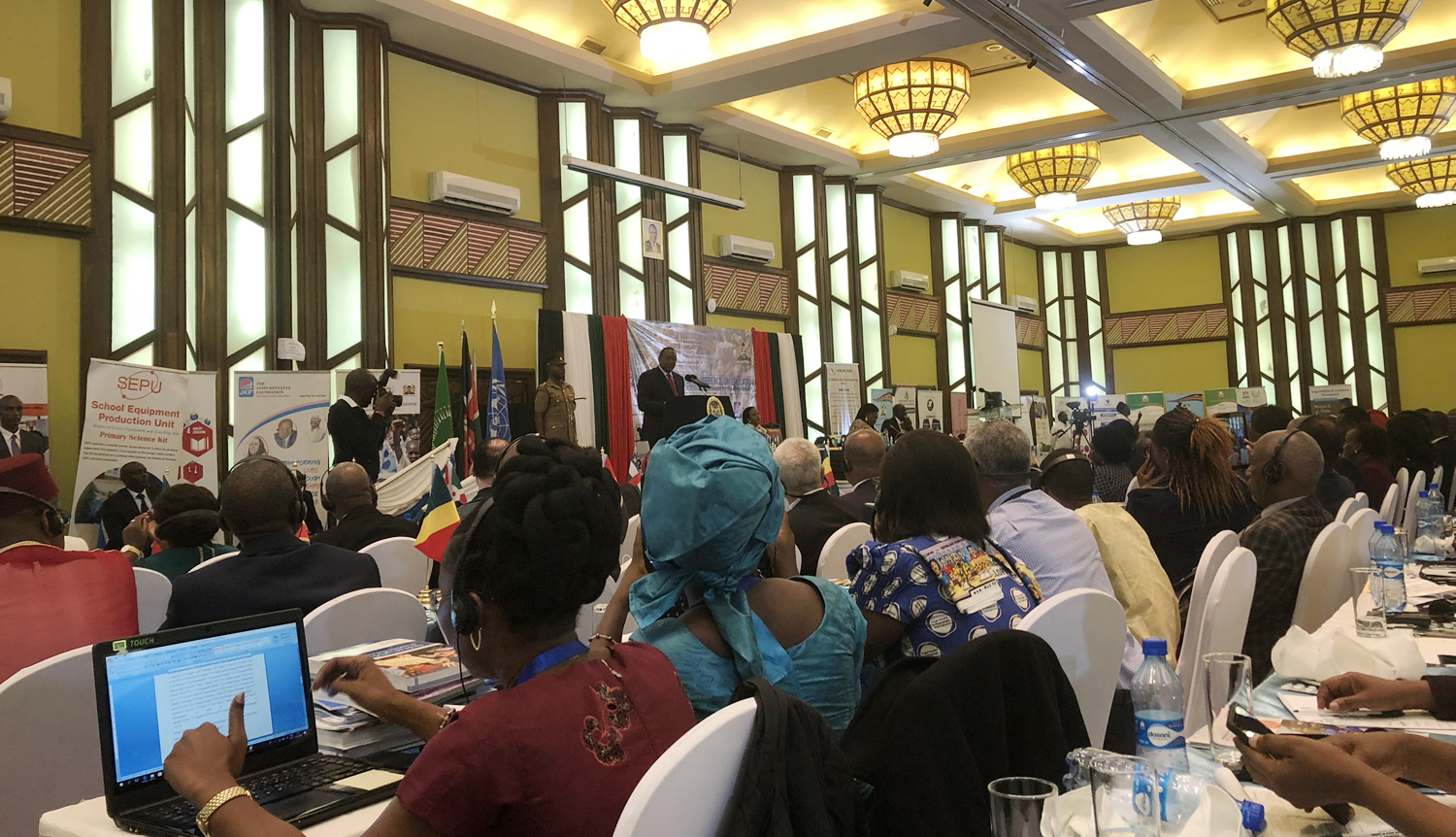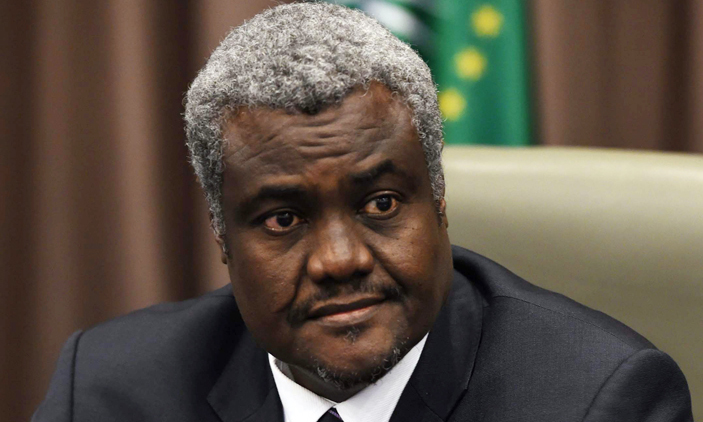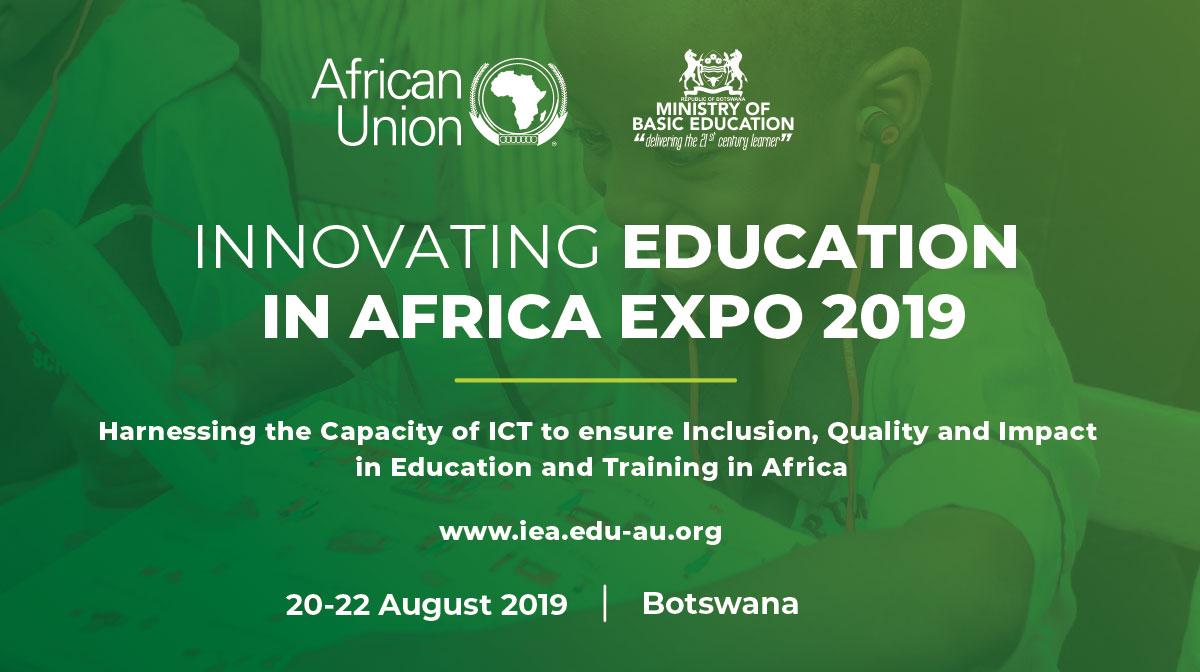The last week of April 2018 witnessed the holding of the Pan African High-Level Conference on Education (PACE 2018) in Nairobi, Kenya. UNESCO and the Government of Kenya convened this Conference on Education, in collaboration with the African Union Commission. Ministers of Education in Africa, African Union entities, representatives of Regional Economic Communities, UN agencies, major regional and international partners, civil society and the private sector, as well as other vital stakeholders all assembled in Nairobi for this conference. CAFOR participated in the meeting.
A youth forum in which young Africans from all walks of life were able to interact and discuss some of the salient issues that are affecting the lives of young people on the African continent precede the conference. The theme of the high-level conference was “Bridging Continental and Global Education Frameworks for the Africa We Want”. As consistent with this theme, participants in this conference were able to make the linkages and understanding some of the key transversal issues. They also shared knowledge and experiences for the advancement of associated education agenda including the Global Sustainable Development Goals No.4 (SDG4), the African Union’s Continental Education Strategy for Africa 2016-2025 (CESA 16-25), and the African Union’s Agenda 2063. All this has implications for the “Africa We Want” as solidly expressed in Agenda 2063, which focuses on an Africa with a people-driven development agenda that would rely primarily on the potential of its women and youth.
The conference called for the building of a conducive environment for education transformation in Africa with utmost consideration for African ownership of CESA 16-25 and SDG4-Education 2030 at continental, regional and national levels. Also, given the broader development ambitions, the conference also called for more integrated approaches to education policies and strategies in a “life-long” perspectives, and promote a truly “system-wide articulation and inter-sectoral collaboration”.
Arguments and recommendations that Education Ministers and other high-level representatives made at this conference also revolved around the plight of young people in Africa. Many of the thoughts focused on addressing adequately the widespread youth unemployment that currently confronts the continent by ensuring that we have relevant education policies that would focus on developing skills for life and work among young people. We can therefore not continue to do business as usual. In this regard, CAFOR will work closely with the African Union, Regional Economic Communities, Civil Society Organizations and UN organisations to support the implementation of the Ministerial Declaration that has transpired from this conference. CAFOR will add value by focusing on the communication dimension, which is its leverage point. Issues about communication deficiencies came out very strongly throughout the conference, and CAFOR would like to ensure that this dimension is at the core of the business of planning education and training on the continent. We want to ensure that communication is comprehensive as well as inclusive with a style and content that would enhance dialogue and promote all facets of education.
Lawalley Cole




